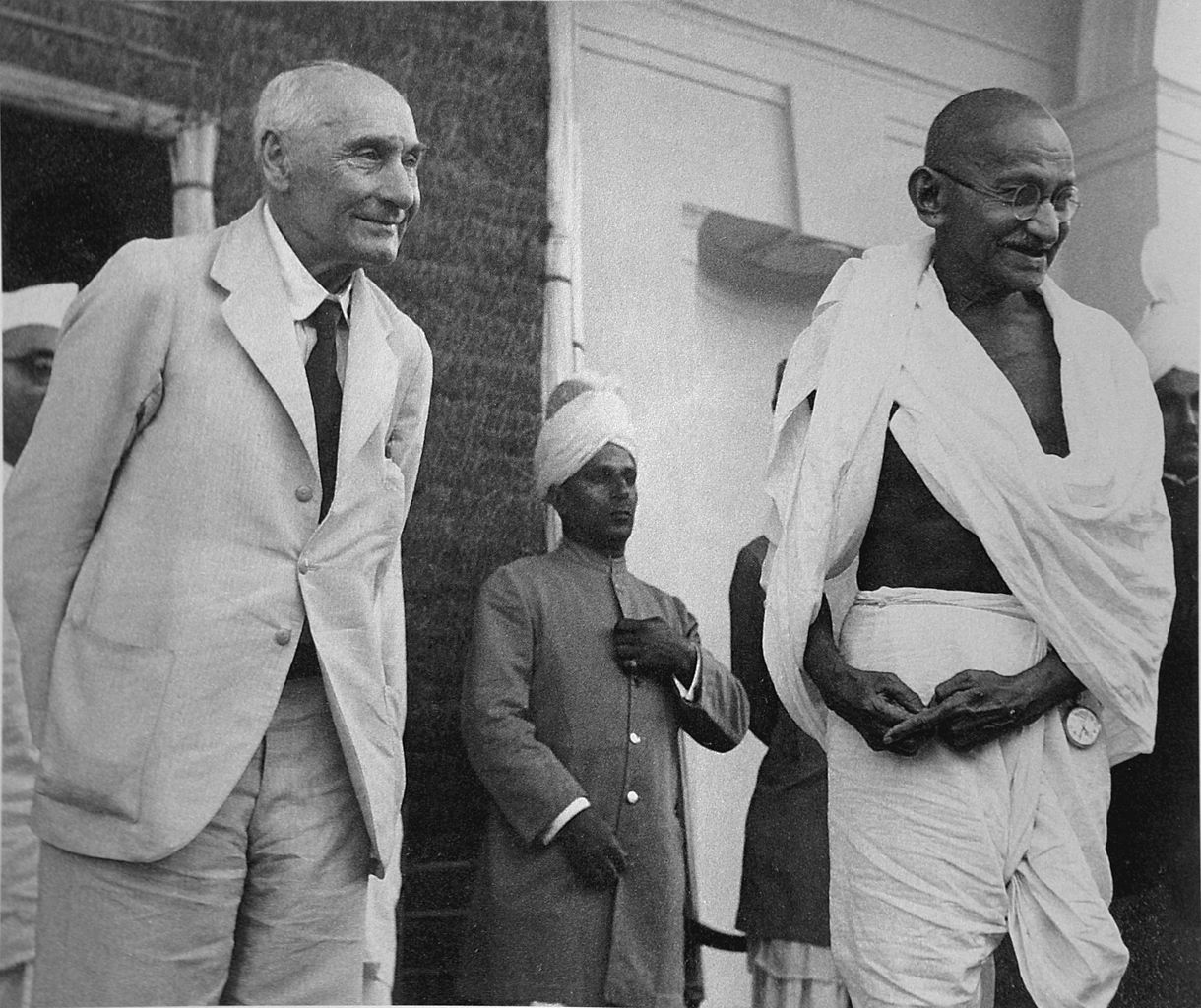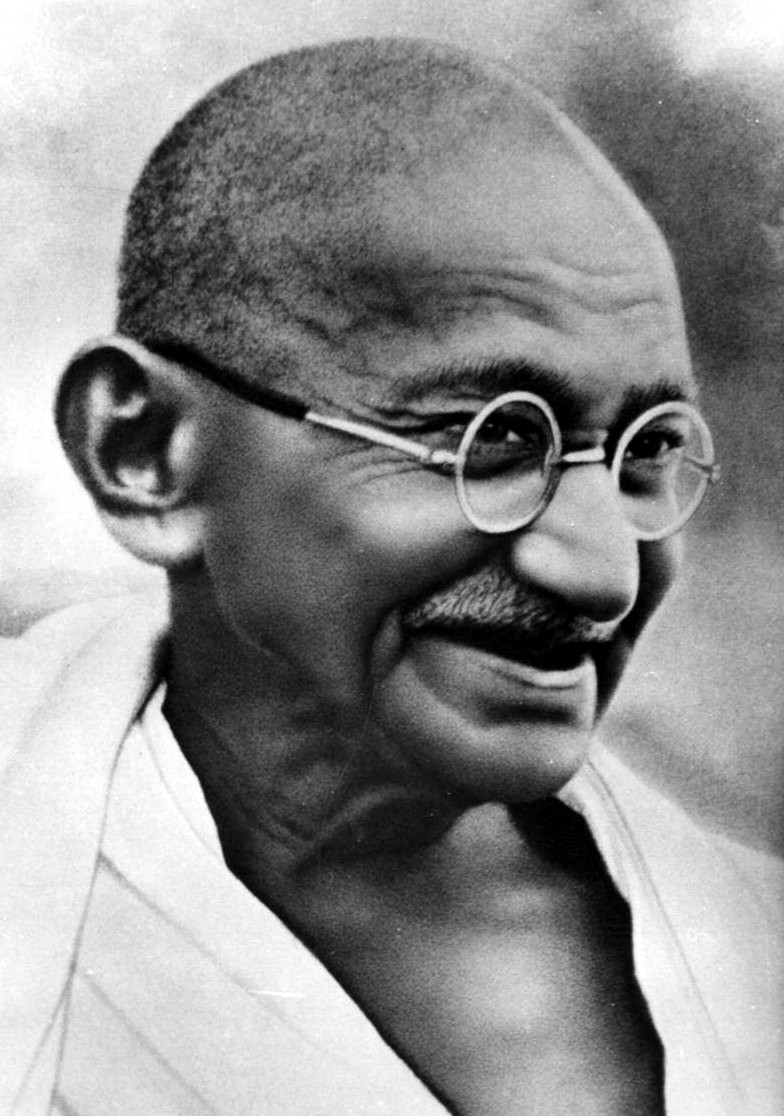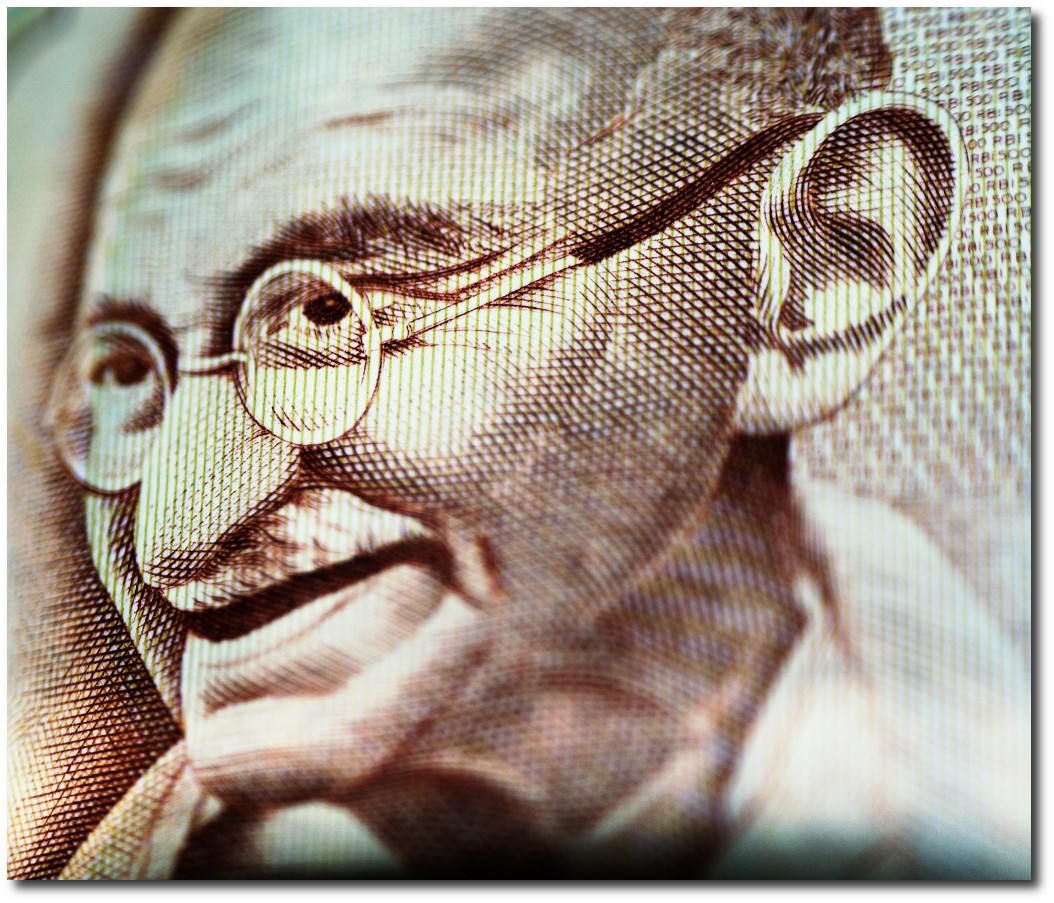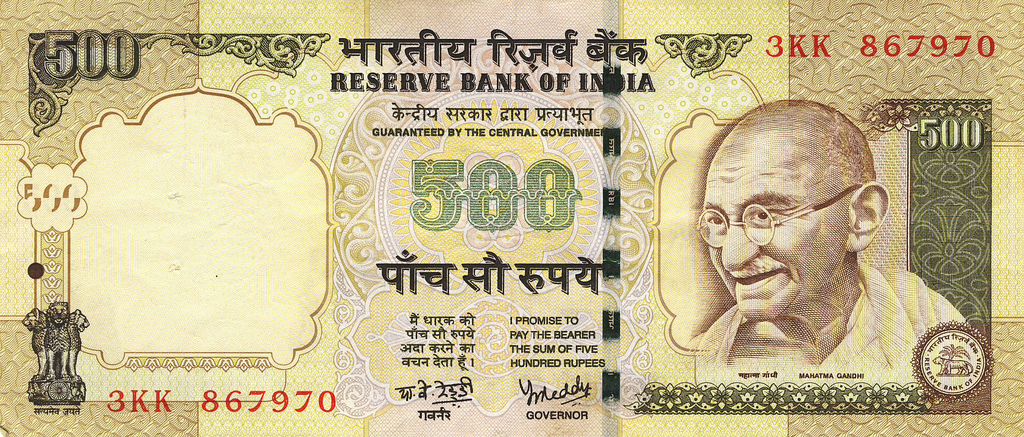So This Is Where the Picture of Gandhi on Currency Notes Came From
Any idea where the smiling picture of Gandhi that we see on currency notes today came from? Find out here.
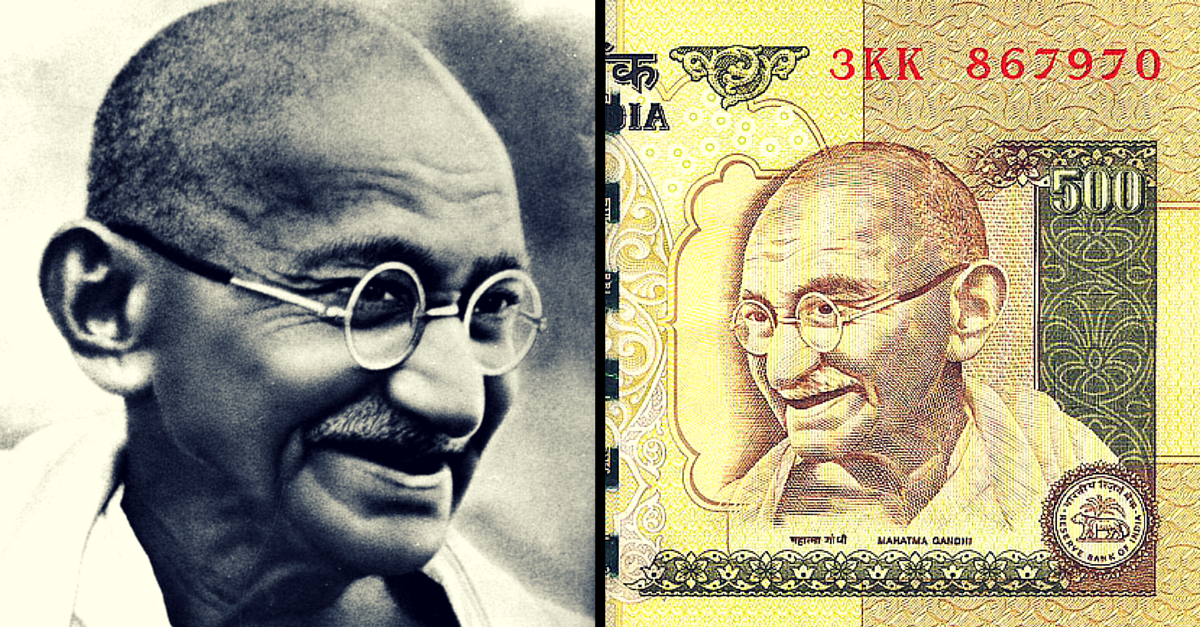
Any idea where the smiling picture of Gandhi that we see on currency notes today came from? Find out here.
We have been seeing the picture of a smiling Mahatma Gandhi on our currency notes since a long time. Many of us have been seeing it since always, and that is often the first picture to come in mind when we think of Gandhi. But ever wondered where did that picture come from? How did we manage to get such a perfect shot, at the right moment, for the right purpose?
While many of us thought that it was a drawn caricature, it is not true. In reality, the image was cropped from an actual photograph.
The picture in question was that of Mahatma Gandhi standing next to Lord Frederick William Pethick-Lawrence.
Source: Wikimedia
Lord Frederick William Pethick-Lawrence was a British Politician. He was a leader of the woman suffrage movement in Great Britain during the first two decades of the 20th century and then served as the secretary of state of India and Burma.
The picture was taken in 1946 by an unknown photographer.
Source: Wikimedia
It was taken at the former Viceroy House, which is now known as the Rashtrapati Bhavan.
The mirror image of the original picture has been used on the Mahatma Gandhi Series of bank notes.
Photo Credit: Pranav Yaddanapudi/Flickr
The series of notes was introduced by the Reserve Bank of India in 1996.
Photo Credit: Miran Rijavec/Flickr
The notes were issued in a phased manner in denominations of Rs. 5 (introduced in November 2001), Rs. 10 (June 1996), Rs. 20 (August 2001), Rs. 50 (March 1997), Rs. 100 (June 1996), Rs. 500 (October 1997) and Rs. 1000 (November 2000).
Like this story? Or have something to share? Write to us: [email protected], or connect with us on Facebook and Twitter (@thebetterindia).

Similar Story

Laundromats in India? Couple Built Rs 100 Crore Biz Washing Dirty Linen Across 100 Cities
Faridabad’s Arunabh Sinha and his wife Gunjan Taneja launched UClean in 2017 to set up an organised laundromat service in India. Currently, they are spread across 100+ cities and have 350+ outlets across the country.
Read more >
If you found our stories insightful, informative, or even just enjoyable, we invite you to consider making a voluntary payment to support the work we do at The Better India. Your contribution helps us continue producing quality content that educates, inspires, and drives positive change.
Choose one of the payment options below for your contribution-
By paying for the stories you value, you directly contribute to sustaining our efforts focused on making a difference in the world. Together, let's ensure that impactful stories continue to be told and shared, enriching lives and communities alike.
Thank you for your support. Here are some frequently asked questions you might find helpful to know why you are contributing?


This story made me
-
97
-
121
-
89
-
167



